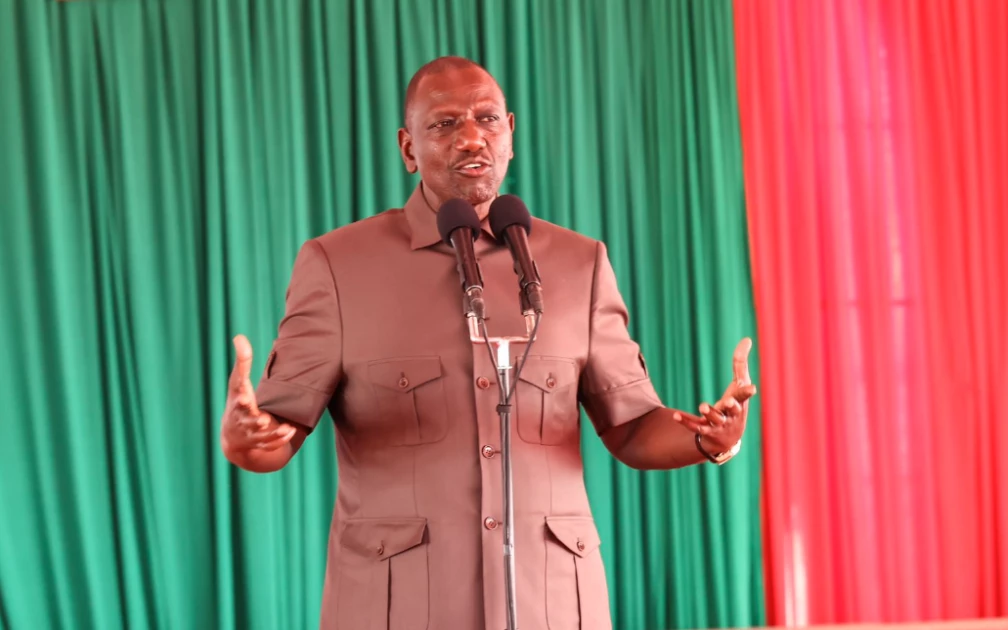President William Ruto has reiterated his government’s unwavering commitment to ensuring free, accessible, and quality education for all Kenyan children, amid growing public concern over the sustainability of the program.
Speaking during a church service at ACK St Martin’s Light Industries Church in Kariobangi, Nairobi, on Sunday, Ruto described education as “the greatest gift a society can give to its young people.” He emphasized the importance of investing in the future through education, outlining key initiatives undertaken by his administration to expand access and improve learning conditions across the country.
“Free primary education is the right of every Kenyan,” the President said. “Over the last two years, we have taken several measures to ensure education is truly universal and accessible.” He highlighted the construction of new classrooms in densely populated urban areas and the employment of over 70,000 teachers since 2022, with an additional 24,000 hires planned for next year.
To maintain stability in the sector, Ruto pointed to the recent signing of a long-term Collective Bargaining Agreement (CBA) with teachers that will run until 2029, aiming to avert strikes and foster consistent learning across schools.
“I assure you that the access and quality of education cannot be compromised,” he stated. “We are committed to making education not only affordable and inclusive, but also of high quality and relevant to Kenya’s development goals.”
His remarks came a day after Deputy President Rigathi Gachagua and Interior CS Kithure Kindiki echoed similar sentiments, assuring that there are no plans to cut funding for free education.
However, Treasury Cabinet Secretary John Mbadi offered a contrasting view during a Parliamentary committee session last week. He warned that Kenya’s current fiscal limitations make it impossible for the government to fully fund free primary and secondary education, indicating that parents may soon be required to contribute more toward education costs.
Mbadi later clarified that while education remains a top priority, the state cannot meet full per-learner funding, and accused some leaders of ignoring the financial realities facing the country.
The conflicting statements have sparked debate about the future of free education in Kenya, even as the government pledges to protect its gains.

